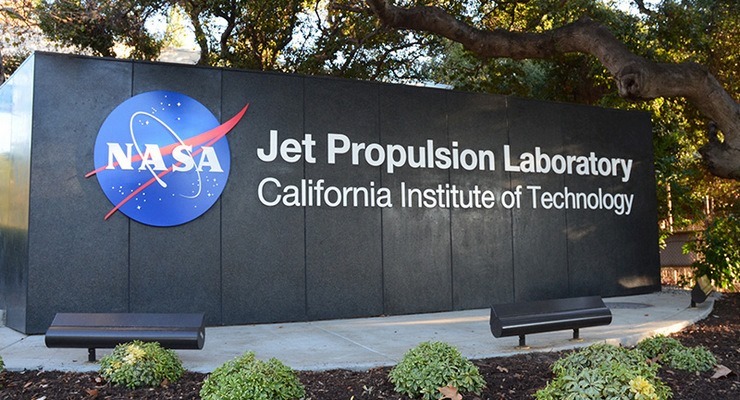
A small team of student researchers from Cal State, Northridge has embarked on an anthropological study of remote working conditions at NASA’s Jet Propulsion Laboratory in an effort to help improve communication and streamline the process, according to the university.
CSUN’s Autonomy Research Center for STEAHM (Science, Technology, Engineering, Arts, Humanities, and Math), or ARCS, plans to embed team members within groups of JPL scientists and engineers working together remotely from home amid the pandemic, CSUN said in a written statement.
From their position on the inside, the team will “conduct anthropological studies on team dynamics, chains of communication and culture,” the statement said. “The CSUN researchers said they hoped their work will help JPL officials identify effective ways to communicate and how to adjust their team to remote situations. The project is also providing the ARCS student fellows valuable research experience.”
The information gleaned may help shape the way JPL conducts work remotely in the future, according to ARCS Founding Director Nhut Ho, a professor of mechanical engineering at CSUN.
“We are able to move forward with our mission of utilizing multidisciplinary research despite these new changes,” he said. “Incorporating anthropology into this project and our program will bring exciting opportunities to non-STEM disciplines and strengthen our research.”
CSUN anthropology graduate student Neil Thompsett is writing his thesis on the project. He said he was looking forward to analyzing the interactions of the scientists, from the phrases they use to “micro-expressions,” to gain insight into team dynamics.
“It’s a privilege to gain insight into the human and linguistic aspects of what goes on in the creation of automation and rocketry,” Thompsett said.
“All of us, at some point, have been amazed by people who can build these things and send them into space,” Thompsett added. “To actually get to know them and understand what is going on in their world is quite fascinating.”
“What’s exciting about this is that it is probably going to be the first time we are studying scientists as they work remotely in their kitchens and in their homes as opposed to in their labs,” he said. “The beauty of it all is that maybe this will lead to a whole new way of thinking how work from home could be.”
Thompsett is joined on the research team by anthropology undergraduate Michael Baumgarten and Department of Anthropology Chair Suzanne Scheld.
CSUN College of Social and Behavioral Sciences Dean Yan Searcy commended the ARCS team.
“Interdisciplinarity is often discussed but seldom realized,” he said. “The research team includes social science perspectives that positively impact processes and outcomes. Our stellar faculty and students are involved in applied research that generates practical impacts for the community.”
The ARCS program is meant to allow CSUN students from all areas of study opportunities to work alongside JPL in the institution’s research into autonomous systems, according to CSUN.
“As a NASA-sponsored center, we are proud to be supporting JPL’s concept for its laboratory of the future,” Ho said. “This project truly upholds ARCS’ vision of conducting research with deep integration across disciplines. I’m excited to see what they discover.”
More information on CSUN’s ARCS program is available online at arcs.center.

















